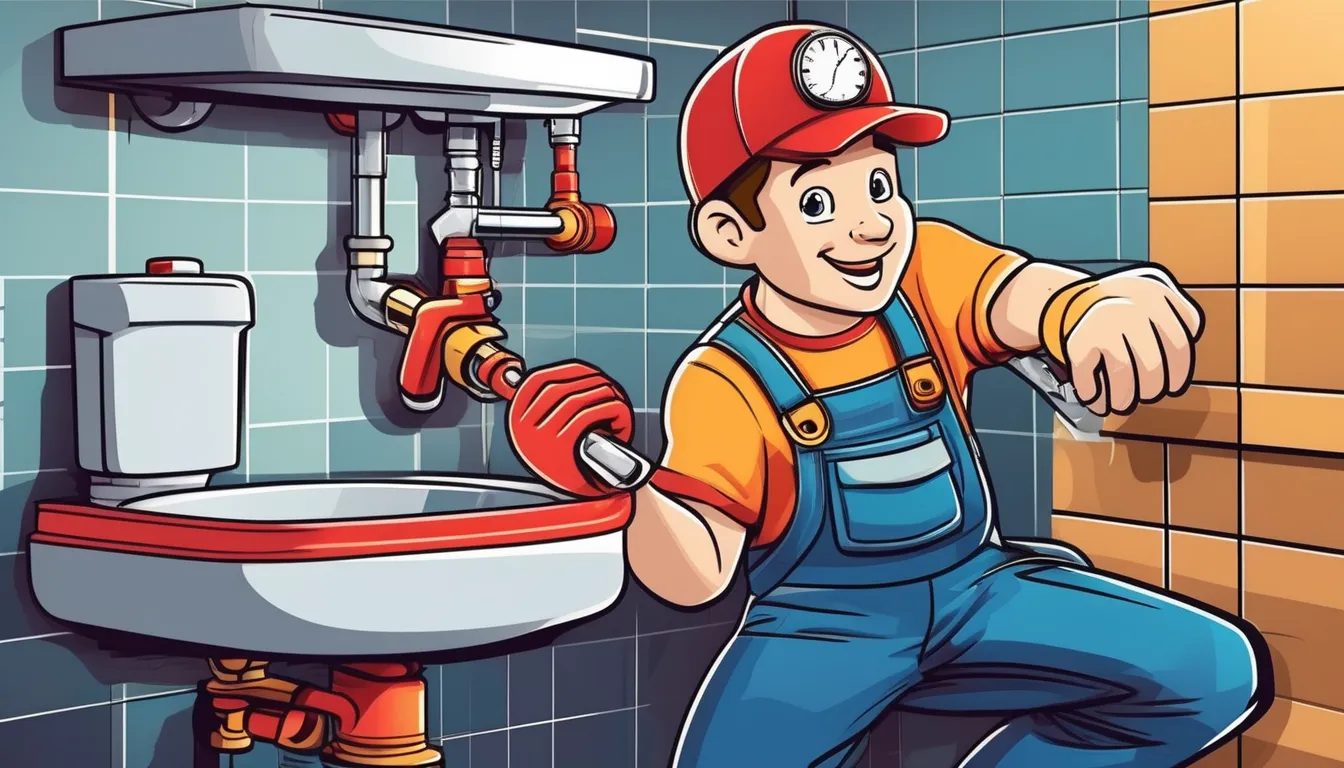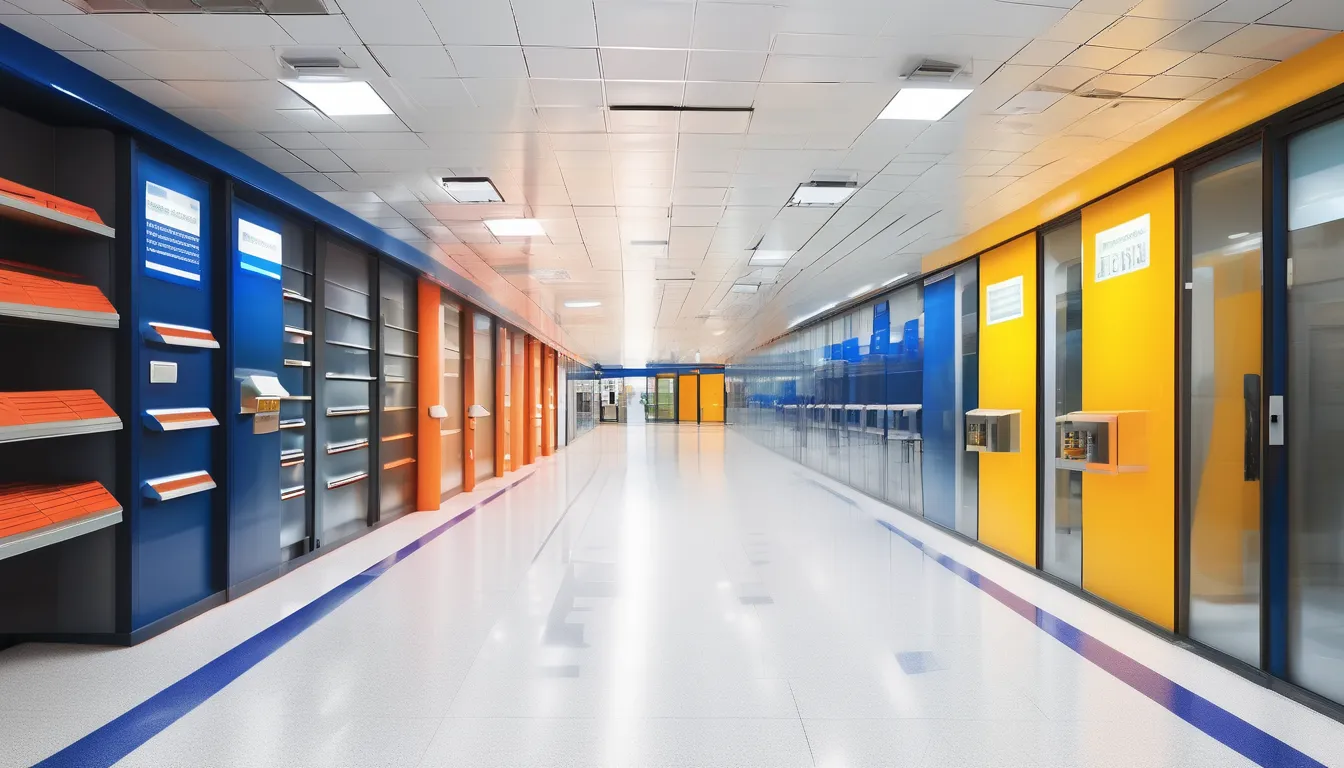When to Call a 24-Hour Emergency Plumber Essential Tips

You might think you can handle minor plumbing issues on your own, but recognizing when you call a 247 emergency plumber is key to protecting your home. If you find yourself facing unexpected leaks, unusual noises, or persistent clogs, these could signal a more serious problem that requires immediate attention. Ignoring these signs could lead to costly repairs and further complications. So, how do you determine the urgency of your situation, and what factors should you consider before making that call? Let’s explore these essential tips that can help you make the right decision.
Signs of a Plumbing Emergency
You mightn’t always know when you’re facing a plumbing emergency, but certain signs can make it clear. If you notice water pooling on your floor or around fixtures, that’s a red flag. This could indicate a leak that needs immediate attention to prevent further damage.
Also, keep an eye out for unexpected water pressure changes; if your water pressure drops suddenly or fluctuates, it might signal a serious issue in your pipes.
Another critical sign is the presence of foul odors. If you smell sewage or rotten eggs, it could mean there’s a blockage or a sewer line problem. Don’t ignore it!
Additionally, if your drains are backing up frequently, this isn’t just an inconvenience—it can lead to a major plumbing disaster.
Lastly, if you hear strange noises coming from your pipes, such as gurgling or banging, it’s time to call for help. These sounds often indicate a blockage or air trapped in the system.
Types of Plumbing Issues
Plumbing issues can range from minor annoyances to major catastrophes, and recognizing the type of problem can help you respond effectively.
Common types of plumbing problems include leaks, clogs, and running toilets. A small leak under your sink might seem trivial, but it can lead to mold growth and water damage if ignored.
Clogs, whether in sinks, toilets, or showers, can disrupt your daily routine. You might try a plunger or drain cleaner, but sometimes these methods aren’t enough.
If water isn’t draining properly, it could indicate a deeper issue requiring professional help.
Running toilets can waste a significant amount of water and increase your utility bills. If you notice constant flushing sounds or water continuously cycling in the tank, it’s time to investigate further.
Another serious issue is pipe bursts, which can cause extensive damage in a short time. If you hear strange noises or see signs of water damage, don’t wait.
Understanding these different types of plumbing problems enables you to determine when it’s time to call a 24-hour emergency plumber to avoid further damage and ensure your home remains safe and functional.
Time Sensitivity Factors
Recognizing the type of plumbing issue is only part of the equation; understanding the time sensitivity of the problem is equally important.
Every plumbing problem doesn’t require immediate attention, but some definitely do. For instance, if you notice water pooling around your foundation or leaking from a pipe, you need to act fast. Water damage can escalate quickly, so don’t wait around.
Next, consider the source of the issue. If it’s a clogged toilet, you might manage temporarily with another bathroom. However, if it’s a burst pipe, you’re facing a more urgent situation. Assess the potential for flooding or extensive damage.
Additionally, think about your daily routine. A malfunctioning water heater can disrupt your life significantly, especially if you rely on hot water for showers or chores.
In these cases, you shouldn’t delay calling an emergency plumber.
Potential Consequences of Delay
Ignoring a plumbing issue can lead to dire consequences. When you put off calling a 24-hour emergency plumber, you risk worsening the problem and facing significant complications. The longer you wait, the more damage can occur, and what might’ve been a simple fix could spiral into a costly disaster.
Consider the following potential consequences of delay:
- Water Damage: Leaks can seep into walls and floors, causing mold and structural issues.
- Increased Repair Costs: A minor issue left unaddressed often leads to extensive repairs and higher expenses.
- Health Hazards: Mold growth from water damage can pose serious health risks to you and your family.
- Decreased Property Value: Persistent plumbing issues can lower your home’s market value and deter potential buyers.
- Disruption of Daily Life: A plumbing emergency can disrupt your routine, making basic tasks like cooking and bathing impossible.
Don’t underestimate the importance of timely intervention. It’s far better to make a call and have a professional assess the situation than to deal with the repercussions of waiting too long.
Finding the Right Plumber
Finding the right plumber can make all the difference when facing a plumbing emergency. You want someone reliable and skilled, so start by asking friends or family for recommendations. Personal experiences often lead you to trustworthy professionals.
Next, check online reviews. Websites like Yelp or Google can provide insight into a plumber’s reputation. Look for consistent positive feedback, especially regarding emergency services.
Ensure the plumber is licensed and insured; this protects you in case of accidents or further damage.
Once you’ve narrowed down your options, reach out to a few plumbers. Ask about their availability for emergencies and get a sense of their customer service. A responsive plumber who answers your questions is likely to be dependable during a crisis.
Don’t forget to inquire about pricing. While you shouldn’t choose solely based on cost, having a clear understanding of potential fees can prevent surprises later.
Lastly, trust your instincts. If you feel comfortable and confident in a plumber’s abilities, you’re more likely to have a positive experience.
Conclusion
In summary, recognizing the signs of a plumbing emergency and knowing when to call a 24-hour plumber can save you time, money, and stress. Don’t hesitate if you notice water pooling, strange noises, or persistent clogs—these issues need immediate attention. Delaying repairs can lead to bigger problems down the line. So, keep your contact list handy and act quickly to protect your home and loved ones from the potential consequences of plumbing disasters.





